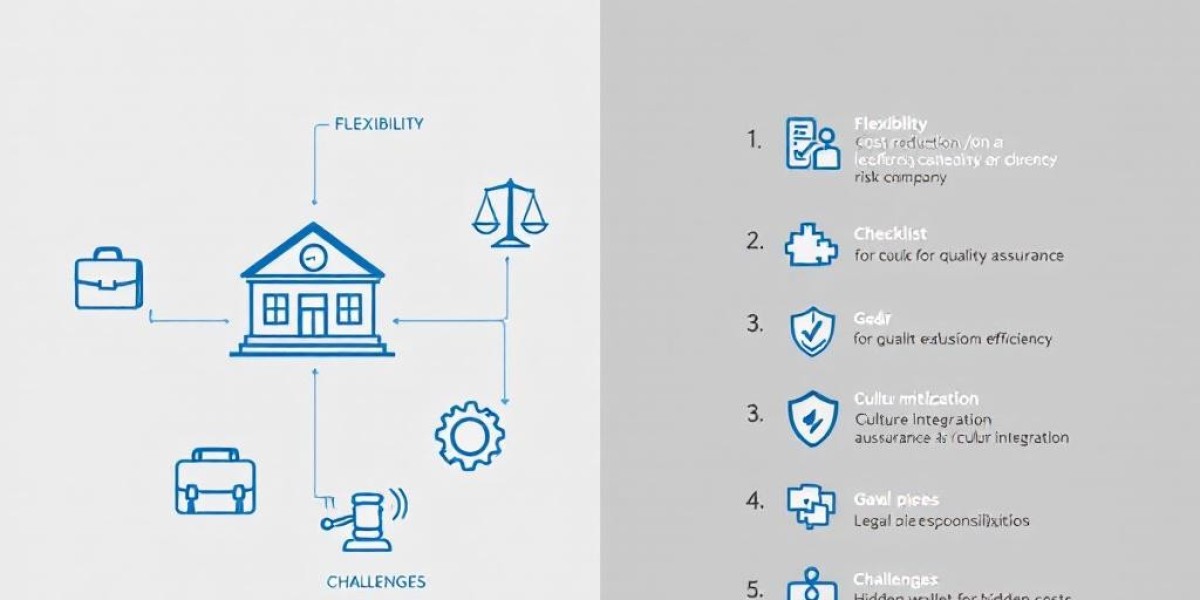In this blog, we will explore how our Doubt Clear Classes help students strengthen their preparation for board exams, ensure conceptual clarity, and build confidence for scoring high.
Importance of Doubt Clearing in Board Exam Preparation
Board exams are a turning point in every student's academic career. Whether it’s the CBSE, ICSE, or any state board, students are expected to demonstrate a deep understanding of subjects like Physics, Chemistry, Mathematics, Biology, and English. However, in regular classroom settings, students may not always feel comfortable asking questions due to time constraints or fear of judgment.
Unresolved doubts can:
- Create confusion in fundamental concepts
- Lower a student’s confidence
- Affect performance in exams
- Create a fear of specific subjects
That’s where Mentors Eduserv’s Special Doubt Classes come into play, bridging this gap with focused attention and personalized mentoring.
What Makes Our Special Doubt Classes Unique?
At Mentors Eduserv, we believe every student’s query deserves attention. Our Doubt Clear Classes are designed to provide:
1. One-on-One Mentoring
Students get the opportunity to discuss their individual doubts with subject matter experts. This allows for a personalized learning experience where every query is addressed until the concept is clear.
2. Regular Scheduling
Doubt clearing isn’t a one-time thing. Our special sessions are scheduled regularly so that students can continuously resolve new questions as they study and revise.
3. Dedicated Doubt Corners
We provide separate spaces within our coaching centers dedicated to doubt resolution. This ensures a calm and focused environment conducive to asking questions and gaining conceptual clarity.
4. Special Focus on Problem Areas
Teachers analyze students' test performances to identify weak topics. These areas are revisited during special doubt classes, helping students strengthen their foundation where it matters most.
5. Subject-Wise Expert Faculty
Each subject has dedicated experts who understand board exam patterns and can guide students with both NCERT and extra reference material. Whether it’s tackling tricky numerical problems or understanding language-based questions, our mentors are equipped to help.
How These Classes Help in Board Exam Preparation
? Conceptual Clarity
Students who attend our doubt clear classes benefit from in-depth explanations of concepts, which helps in long-term retention. This clarity is essential for answering both objective and descriptive questions in board exams.
? Improved Answer Writing Skills
During special sessions, mentors also train students on how to frame answers according to the marking scheme of their respective boards—an essential skill for scoring high marks.
? Boosted Confidence
The more doubts you clear, the more confident you become in the subject. Our students walk into their board exams with the assurance that they’ve addressed all weak points during their preparation.
⏱ Time Management
Our classes also focus on helping students solve problems quickly and accurately, improving their time management during actual exams.
Real Success Stories
Many of our toppers credit their success to the special doubt clearing sessions they received at Mentors Eduserv. Here’s what one of our students, Aditi Singh (Class 12, CBSE Topper), had to say:
“I had trouble understanding certain topics in Physics and was afraid I wouldn’t do well. But the doubt clearing sessions at Mentors Eduserv helped me understand the basics so well. I not only scored 95 in Physics, but I also developed a genuine interest in the subject.”
A Holistic Approach to Board Preparation
At Mentors Eduserv, we do more than just provide coaching classes—we create an environment where students feel encouraged to learn, ask, and grow. Along with special doubt classes, we offer:
- Structured Study Plans aligned with board syllabi
- Regular Mock Tests to simulate real exam conditions
- Personal Feedback Sessions to track student progress
- Board-Focused Revision Modules
This comprehensive support ensures that students are not only well-prepared academically but are also mentally equipped to handle the pressure of board exams.
Final Thoughts
The journey to board exam success doesn’t need to be stressful or confusing. With the right guidance, timely doubt resolution, and focused preparation, every student has the potential to excel. If you're looking for a trusted institute that prioritizes doubt clearance and board preparation, Mentors Eduserv is your destination.
Join us today and give your academic preparation the clarity and confidence it deserves!
Keywords Used: Special doubt classes, Doubt clear classes, Preparation for board
Brand Name: Mentors Eduserv








